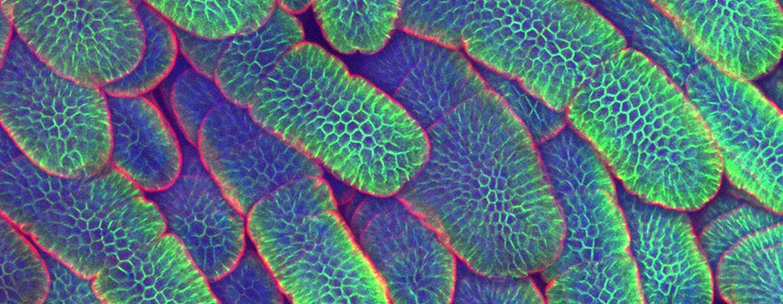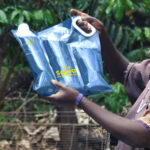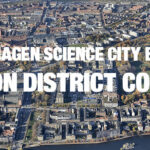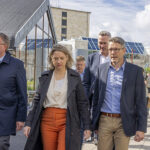New stem cell research centre will headquarter in Copenhagen Science City
Building new organs. Repairing damaged ones. Inventing new drugs and treatment regimes. Stem cells have the potential to do all this and more. Now a new international stem cell research centre aims to lift decades of research breakthroughs from lab to clinic. A grant from the Novo Nordisk Foundation ensures operations for the next ten years and collaboration between world-leading institutions in Holland, Australia and Denmark. The centre launches in early 2022, it will be named reNEW and its governing hub will be hosted by Copenhagen Science City partner University of Copenhagen.
Stem cell medicine could treat many currently untreatable diseases
Recent scientific advances allow researchers to identify, isolate and engineer stem cells to create human tissue models and repair injured tissues. Growing new organs is expected just beyond the horizon. over a 10-year period The Novo Nordisk Foundation will grant up to 2,200 million DKK (300 million euro) to reNEW, hoping to harness the therapeutic potential in stem cell medicine.
Stem cell medicine truly promises to be a game changer when it comes to addressing some of the major health challenges facing the world today”: Mads Krogsgaard Thomsen, CEO, Novo Nordisk Foundation.
International collaboration with Copenhagen in the lead
reNEW will be a collaboration between University of Copenhagen, Faculty of Health and Medical Sciences, Denmark, Murdoch Children’s Research Institute, Australia, and Leiden University Medical Centre, The Netherlands. To lead the new centre in Copenhagen, the foundation has attracted a recognized leader in the stem cell field. Professor Melissa Little from Murdoch.
I am very excited about the amazing opportunity that reNEW represents. The international collaboration that forms the basis for the new centre will provide access to extensive technical and clinical translation expertise across all sites”: Melissa Little, Professor and CEO, Novo Nordisk Foundation Centre for Stem Cell Medicine reNEW
Three clinical themes, one societal
Exchange programmes and joint technology platforms will ensure training of new generations of scientists and collaboration between the three reNEW centre partners. They will still carry out fundamental stem cell research but reNEW adds a strong focus on making new treatments available to patients. Work at the Centre will focus on three medical research themes and one from the social sciences.
- reBUILD: Using stem cells to regenerate or recreate damaged or destroyed tissue. Includes therapies for Parkinson’s, congenital heart disease, diabetes, ulcerative colitis and chronic renal disease.
- reSOLVE: Screen for potential drug candidates using stem cell-based models of human tissue and lab grown models of mini-organs. Includes drugs to treat chronic ulceration and inherited kidney and heart disease.
- reWRITE: Combine gene editing and stem cell technologies to develop new treatment strategies for genetically inherited diseases. Includes immune deficiency disorders and progressive congenital muscle disorders.
- PREPARE: Pave the way for future treatments.by studying societal, ethical, regulatory, and legal barriers to stem cell medicine.
Building on excellence
Since 2011 University of Copenhagen has grown to become a major European centre for stem cell and developmental biology thanks to its research centre DanStem, which Novo Nordisk Foundation funded. In the new collaboration, reNEW will build on this position. Prorector for Research at the University of Copenhagen, David Dreyer Lassen, is looking forward to better stem cell-based medical interventions.
I am very pleased that the University of Copenhagen will host the governing hub and be a strong partner in this exciting international consortium, with a strong emphasis on translating excellent basic research into future stem cell-based treatments”: David Dreyer Lassen, Prorector for Research, University of Copenhagen.




